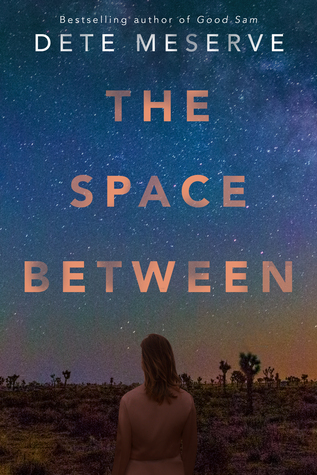More on this book
Community
Kindle Notes & Highlights
was a sociology major, a talented cook secretly hoping to own his own restaurants
I remember an Isaac Asimov story, Nightfall, about a planet where daylight is so pervasive that the stars were visible only once every two thousand years. So awesome was the sight of darkness and the stars that many people descended into ecstasy and madness when they viewed them for the first time. On Earth, where we can see the stars every night, we often glance casually at the cosmos and then
The brightest star in the known universe is the Pistol Star. It’s ten million times brighter than our sun and unleashes as much energy in six seconds as our sun does in an entire year. But the brightest star in our universe can’t be seen—not even with our most powerful telescopes—because it’s hidden behind a great dust cloud.
We scientists call that “motivated reasoning”—believing something because we want it to be true, even if the evidence mounts up otherwise.
A casual observer of today’s sky might assume that the sun and the moon are the same size. They certainly appear that way. But in reality, the moon is so tiny compared to the sun that it would take sixty-four million moons to fill up the sun. They only appear to be the same size because in a unique coincidence, the moon is 1/400th the size of the sun, but it’s also about 1/400th as far from us as the sun. Most things are not as they appear.
“You mean the theory that small changes can have large, unpredictable consequences?”
unlike people, who changed their minds on a whim or wanted to start over because they were disappointed with where they had ended up in life.
But stars do shine during the day. They’re right there where they’ve always been. We just can’t see them because we are blinded by sunlight.


